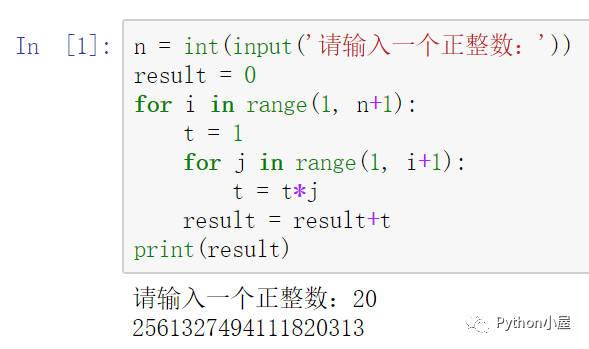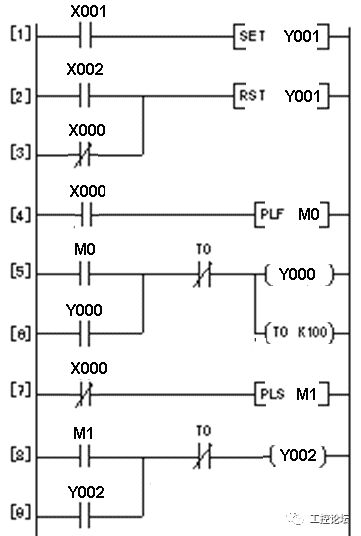Title: Understanding Code Grouping in Programming
In programming, code grouping refers to the practice of organizing related pieces of code together to improve readability, maintainability, and modularity of software projects. There are various techniques and methodologies for code grouping, each serving specific purposes and catering to different programming paradigms. Let's delve into some common approaches:
1. Functional Grouping:
Functional grouping organizes code based on its functionality or purpose. This approach is common in functional programming paradigms and emphasizes the separation of concerns.
Example:
```python
File: math_operations.py
def add(x, y):
return x y
def subtract(x, y):
return x y
def multiply(x, y):
return x * y
```
2. ObjectOriented Grouping:
Objectoriented programming (OOP) relies on grouping related code into classes and objects. This approach encapsulates data and behavior within objects, promoting code reusability and modular design.

Example:
```python
File: car.py
class Car:
def __init__(self, make, model):
self.make = make
self.model = model
def start(self):
print(f"Starting the {self.make} {self.model}")
def stop(self):
print(f"Stopping the {self.make} {self.model}")
```
3. Modulelevel Grouping:
Modules in programming languages serve as containers for related code. Grouping code at the module level allows for logical separation and abstraction, facilitating better organization and code maintenance.
Example:
```python
File: utils.py
def validate_email(email):
Validation logic
pass
def generate_password(length):
Password generation logic
pass
```
4. Functional Decomposition:
Breaking down complex tasks into smaller, more manageable functions promotes code reusability and readability. Each function should ideally perform a single, welldefined task.
Example:
```python
File: data_processing.py
def load_data(file_path):
Load data from file
pass
def clean_data(data):
Data cleaning operations
pass
def analyze_data(data):
Data analysis tasks
pass
```
Best Practices for Code Grouping:
Consistency:
Maintain consistency in code grouping across the project to enhance readability and maintainability.
Modularity:
Aim for smaller, selfcontained modules or classes that focus on specific tasks or responsibilities.
Separation of Concerns:
Ensure that each component or module is responsible for a single aspect of functionality.
Documentation:
Provide clear documentation for modules, classes, functions, and methods to aid understanding and usage.By adopting appropriate code grouping strategies and adhering to best practices, developers can write cleaner, more maintainable codebases that are easier to understand and extend.
Conclusion:
Effective code grouping is essential for building scalable and maintainable software systems. Whether you're following functional programming principles or embracing objectoriented design, the key lies in organizing code logically, promoting reusability, and enhancing collaboration among team members.
版权声明
本文仅代表作者观点,不代表百度立场。
本文系作者授权百度百家发表,未经许可,不得转载。











